India and SCO: the real benefit
India becoming a full member of the Shanghai Cooperation Organisation will be a significant moment in its engagement with Central Asia. However, there are not a lot of security or other benefits to be gained
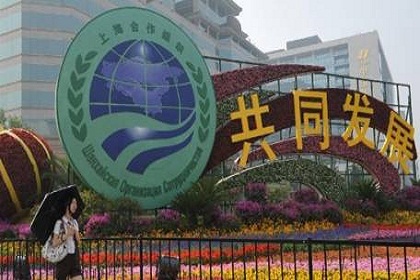 Courtesy: PK times
Courtesy: PK times
India becoming a full member of the Shanghai Cooperation Organisation will be a significant moment in its engagement with Central Asia. However, there are not a lot of security or other benefits to be gained
 Courtesy: Shutterstock
Courtesy: Shutterstock
While all eyes are currently on Greece, the UK has plans to hold a referendum on whether to exit the European Union or a "Brexit". The potential of a "Brexit" has both short and long term implications on the UK's position as a financial hub and on Indian FDI into the UK
 Courtesy: Arun Sinha/Flickr
Courtesy: Arun Sinha/Flickr
If, after nine years, BRICS remains a disparate grouping, and its trade and investment flows remain dismal, it is time to explore new avenues of cooperation to consolidate the alliance—and culture and education can provide the necessary cementing factor when combined with the New Development Bank
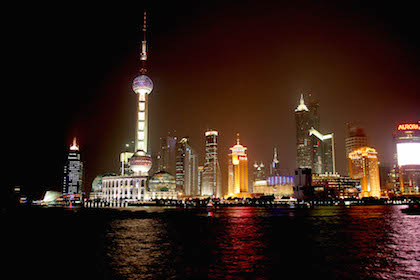 Courtesy: Wikipedia
Courtesy: Wikipedia
The New Development Bank initiated by BRICS countries can reform and democratise global economic governance. But to reach this goal, in this critical period when the bank is preparing to operationalise, it must formulate an innovative institutional design. This article outlines four guiding principles for such a structure
 Courtesy: News Øresund - Johan Wessman
Courtesy: News Øresund - Johan Wessman
Elections in Denmark in June have brought a right-wing coalition to power. These poll results reflect a trend across Europe of the rise of right-wing parties that are tapping into anti-immigrant sentiment and Islamophobia, both portrayed as responsible for a declining economy. It is time for Europe to stop blaming the victims and introspect
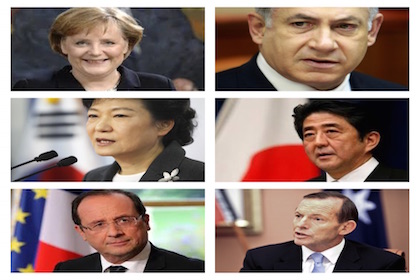 Courtesy: Wikimedia Commons
Courtesy: Wikimedia Commons
Narendra Modi, who spent nearly two months abroad in his first year as prime minister, helped India cultivate a wide range of bilateral and multilateral relationships. But of these, it will be the middle powers that hold the key, economically and geopolitically to India’s growth and security, and Modi must continue to widen his middle powers arc
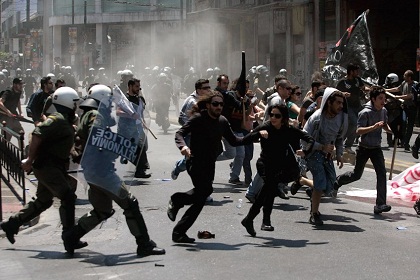 Courtesy: Milos Bicanski (Getty Images)
Courtesy: Milos Bicanski (Getty Images)
With the Eurozone portion of Greece’s $276 billion bailout credit expiring on June 30, Europe is in the midst of a standoff over this unsustainable debt. But it is only the latest in a number of Eurozone crises since 2008, and if the prospects for economic growth remain dim, how will the EU address its interlocking problems?
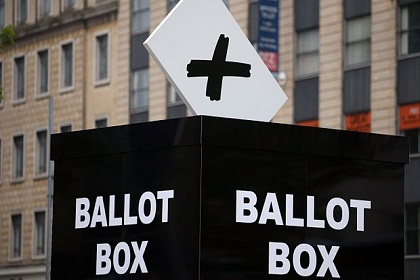 Courtesy: Getty images
Courtesy: Getty images
In the exceptionally divisive general election on May 7 in the UK, no party is expected to win a majority. Smaller parties like the SNP are fragmenting votes and another coalition may emerge, or the Conservatives-Liberal Democrats or Labour may seek outside support. With the Scotland issue adding to the divisiveness, the post-poll scenario is precarious
 Courtesy: Hannover Messe.de
Courtesy: Hannover Messe.de
Germany’s Mittelstand or medium and small companies are the heart beat of Germany’s successful economy. They will be showcased at the Hannover Fair, which Prime Minister Modi will inaugurate on April 12. It can be the perfect blueprint for his Make in India effort.
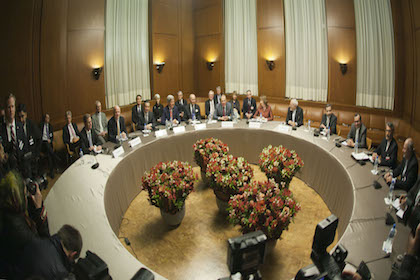 Courtesy: U.S. State department/Flickr
Courtesy: U.S. State department/Flickr
With the EU, Iran, and other entities taking decisive steps on April 2 to ensure a non-nuclear Iran, President Obama must now counter interests in the U.S. that want to stymie the final agreement. But having come this far, and considering the comprehensive benefits of an agreement, all sides are sure to deliver